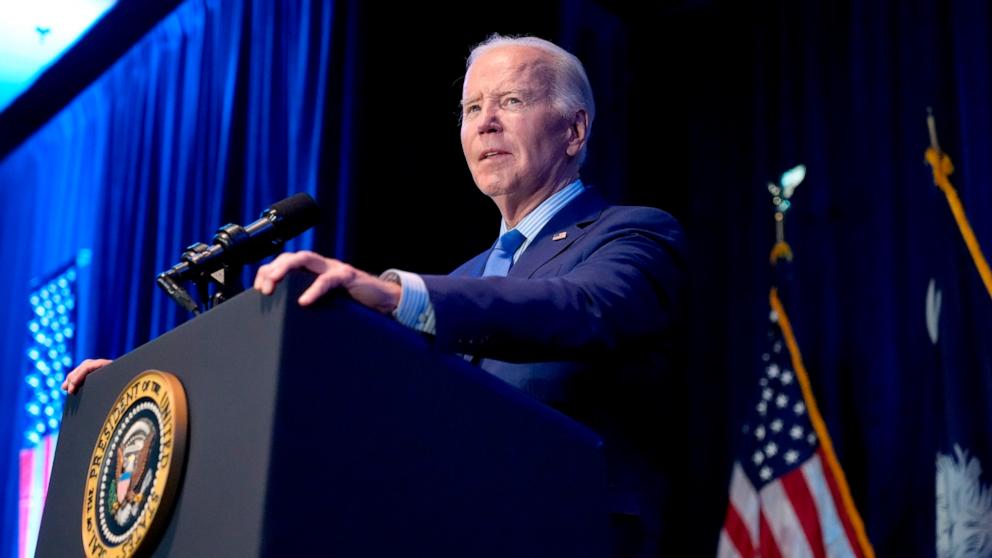Is the U.S. on the brink of war with Iran? Officials hope not. However, the way President Joe Biden handles the recent attack on an American military base in Jordan could have significant implications in the region. Experts say that Biden’s aim is to control Iran-backed militia groups while avoiding war in the Middle East. Here’s what to know: The US officially blames Islamic Resistance in Iraq Soon after the drone attack in Jordan that killed three U.S. service members and wounded 40 more, President Biden promised to hold those responsible and attributed the attack to Iranian-backed militants. On Wednesday, the White House stated that U.S. intelligence had identified the militants responsible. Identifying the group responsible sets the stage for a potential attack, which officials say could occur at any time. “We believe that the attack in Jordan was a plan resourced and facilitated by an umbrella group called the Islamic Resistance in Iraq, which contains multiple groups, including Kataib Hezbollah,” White National Security Council spokesperson John Kirby told reporters on Wednesday. He also stated that the response would involve multiple targets and that “the first thing you see won’t be the last thing.” A U.S. official mentioned that Iranian assets outside of Iran might be targeted, with most strikes occurring inside Syria. Another official informed ABC News that the attack would take place “over the course of several days” on facilities that enabled the drone strike. Concerns about slow U.S. response As the days passed since Sunday’s attack, military experts speculated that the U.S. was taking time to gather assets for a more significant and complex response than previously seen. However, Republican critics expressed concerns that Biden’s delay was allowing the Iranians time to evacuate potential targets or move their own military assets. Sen. Roger Wicker of Mississippi, the top Republican on the Senate Armed Services Committee, stated that the U.S. attack should have already taken place by now, emphasizing the need to directly target Iran’s leadership and weapons caches. “Every day that passes without a strong and unambiguous reprisal for the deaths of American service members invites our enemies – and allies – to question this administration’s resolve,” Wicker told ABC News. ‘A pretty big target list’ Retired Gen. Roger Abrams, a former combatant commander and an ABC News contributor, suggested that the delay indicated a forceful and widespread U.S. response. He mentioned that there is a “pretty big target list,” including command-and-control nodes, storage facilities, transit routes for weapons, or even an Iranian intelligence ship on the Red Sea. Iran’s warning of a decisive and immediate response For its part, Iran has warned of a “decisive and immediate” response. “The U.S. should stop using the language of threats and pinning the blame on others and rather focus on a political solution. Iran’s response to threats will be decisive and immediate,” said Iran’s Foreign Minister Hossein Amir Abdollahian. Triggering a retaliatory response from Iran and spurring a broader conflict is a concern for the U.S, but experts and government officials emphasize the need for action. “We’ve been trying to determine Iran’s red line for many years,” Abrams said. “And we haven’t found it.”
US officially holds Iran-backed group responsible for drone strike, paving way for potential retaliation












